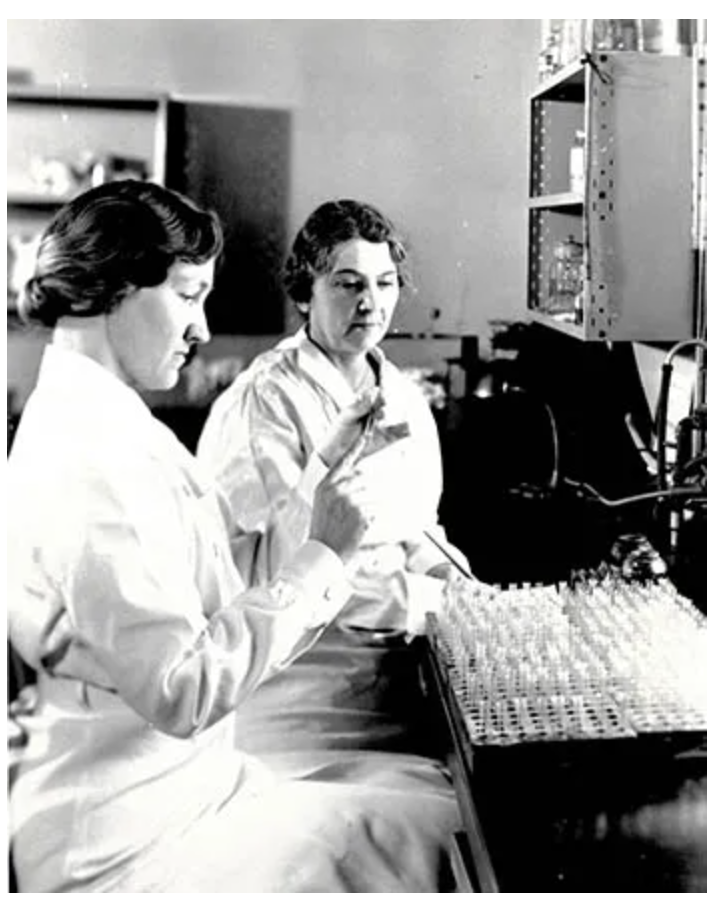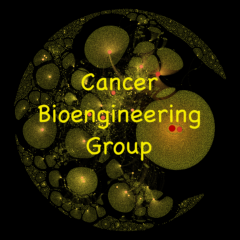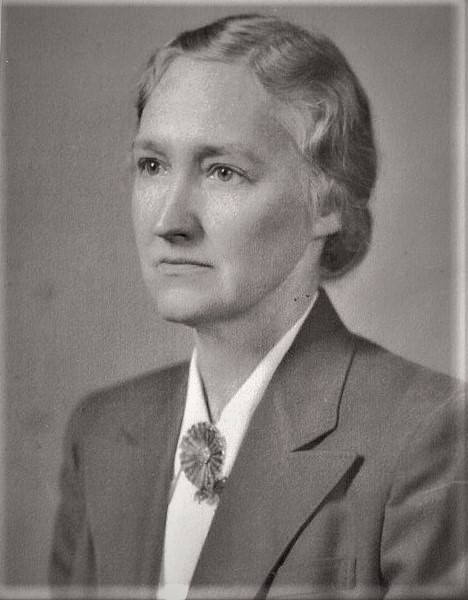In the world of scientific research, Dr. Pittman’s name stands out. She was a bacteriologist and one of the founders of vaccines against infectious diseases such as typhoid, cholera, whooping cough and meningitis. Dr. Pittman achieved another incredible feat as the first woman to give rise to a National Institutes of Health Laboratory in the US. This accomplishment dispelled the persistent gender stereotypes that had long prevented women from pursuing careers in STEM and showcased her extraordinary credentials and experience.
Dr. Margaret Jane Pittman was born on January 20, 1901, and grew up in Prairie Grove, Arkansas. Dr Margaret Pittman graduated magna cum laude from Hendrix in 1923. In 1925, she took her first course in bacteriology. At the time, it was propitious. Later in the nineteenth century, bacteriology became a distinct biological science. She got her Ph.D. from the University of Chicago in 1929 and started working for the National Institutes of Health in 1936. She developed, assessed, and standardised immunisation programmes against cholera, whooping cough, typhoid, and other diseases during most of her career. She continued to work at NIH as an unpaid guest. She occasionally served as a consultant for the World Health Organisation and as a guest scientist in several countries, including Spain, Scotland, Egypt, and Iran.
Her work and relentless efforts have revolutionised the world of vaccines and immunisation. Dr Pittman’s Haemophilus influenzae study has significantly influenced the medical field. Based on her research, numerous lives have been saved due to the creation of potent vaccinations, which has led to a notable drop in diseases linked to Haemophilus influenza. Pittman’s collaborations with esteemed scientists like Drs. Jonas Salk and Albert Sabin were essential in creating vaccinations against polio. They collaborated to carry out a great deal of research and clinical testing, which led to the development of the first effective polio vaccine. This enormous accomplishment was a game-changer in the global battle against polio, saving countless lives.

Margaret Pittman and fellow NIH physician Sadie L. Carlin are “reading” an agglutination reaction, part of the test for potency of commercially prepared anti-meningitis serum during the meningitis epidemic of 1935-1937 (1937).
As a woman in a male-dominated field, Margaret Pittman faced numerous challenges throughout her career. In an era when gender bias was pervasive, women struggled with standardisation and opportunities for advancement in scientific research. Pittman’s journey was the same, as she faced challenges that would have prevented her from moving further. The legacy of Dr. Margart Jane Pittman endures today, as her contributions continue to influence the direction of immunisation research. She stated that revolutionising problems with pertussis immunisation makes this work one of my best accomplishments that “despite the problems that have occurred with the pertussis vaccine… I consider this work one of my best accomplishments.”. Her partnerships and contributions have established a standard for upcoming generations and cleared the path for additional developments in vaccine research. By honouring her outstanding accomplishments, we can ensure that her influence on public health continues to be a driving force in the battle against infectious illnesses.
Written by Rabia Saleem


